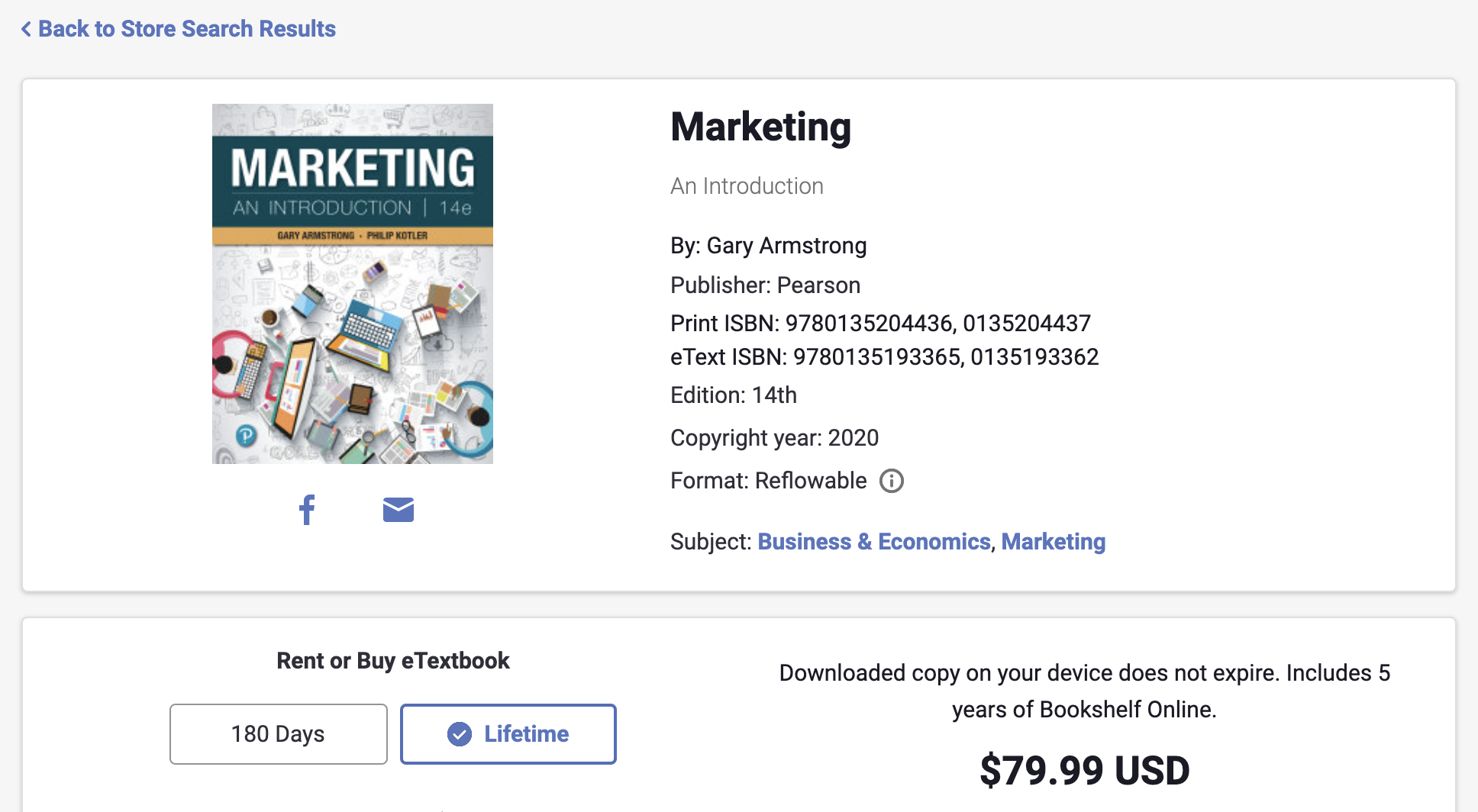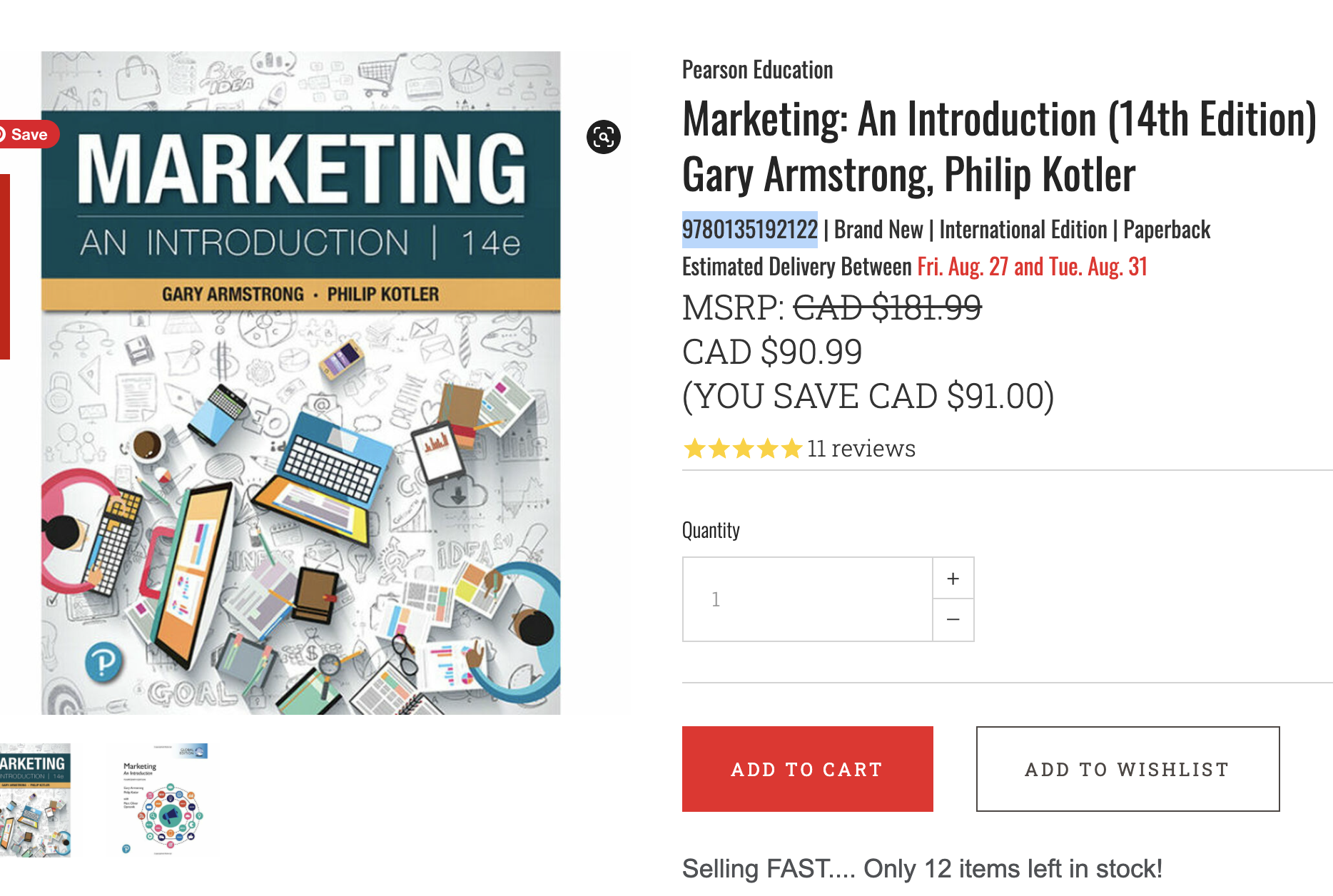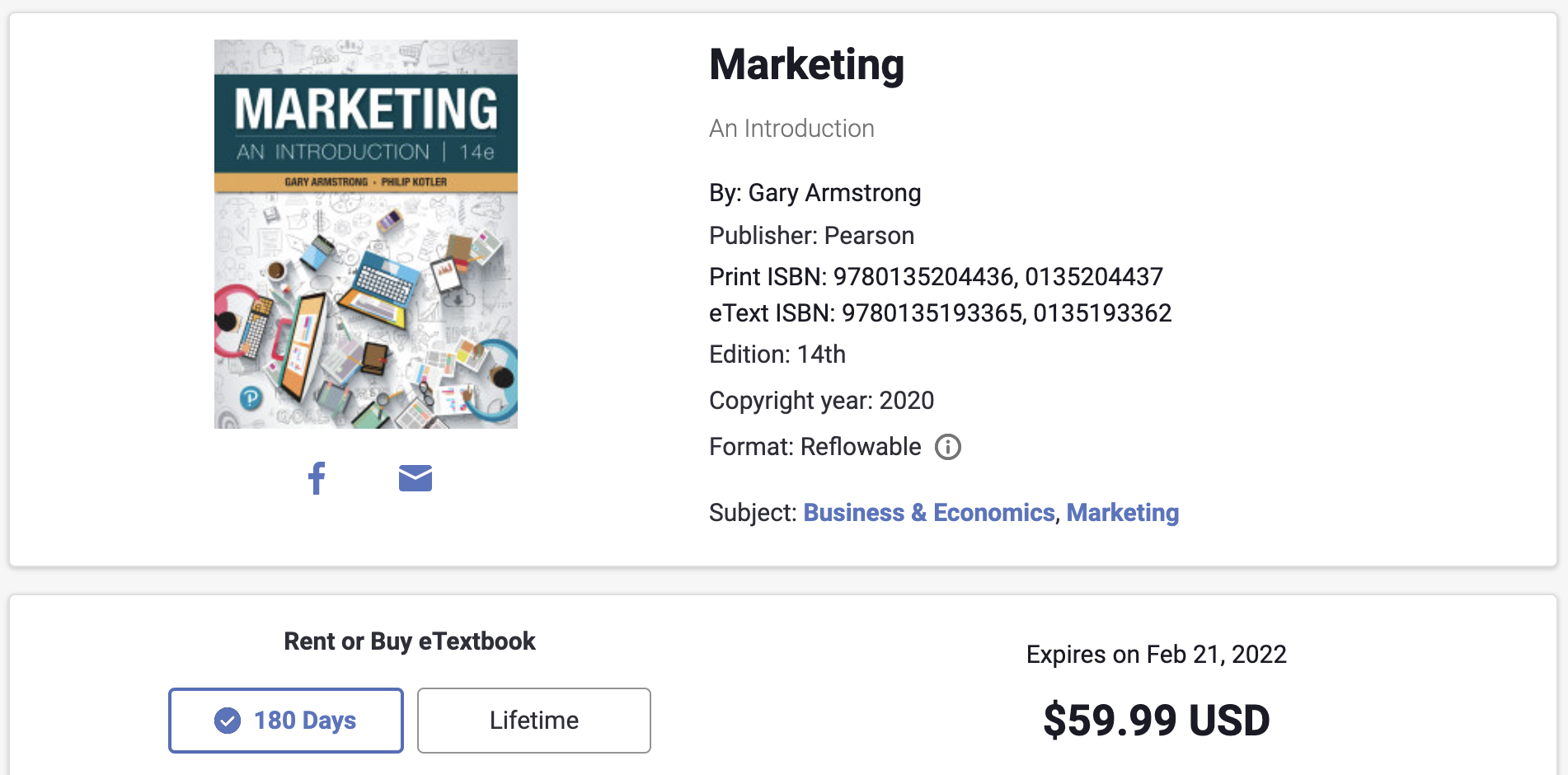Firstly, I would like to talk about the benefits of Open Educational Resources (OERs) and the challenges it faces today. Many of my classmates may remember how difficult it is to write a research paper for class when the instructor requires that the readings used in the research paper need to be academic and/or peer-reviewed to be credible. And surprisingly, most academic and/or peer-reviewed articles are only available through the universities’ libraries. To access the universities’ libraries, especially the ones of prestigious universities, we have to be registered students there. See the obstacle here? Therefore, I believe that it is time not only for us to have more OERs, but also for schools to recognize these OERs as valid research materials a student can use in his or her research paper. Currently, we do not lack such OERs. We have many open textbook websites as well as articles for open access. However, it is not enough. The UN states that “higher education shall be equally accessible to all,” (as cited in Mays, 2017) but the truth is that even with writing a research paper there is so much discrimination against students who do not rely on academic/peer-reviewed articles only accessible through their schools. Many instructors also do not rely on open textbooks that are free and may be equally credible when selecting textbooks for their classes, despite the schools pushing for more open pedagogy.
My pod mate Valerie contends that she would not enroll in a class if the class requires a textbook over 100 dollars. However, most classes I have attended seldom have textbooks under 100 dollars. I have a friend who is financially challenged. He would never buy a single textbook. Instead, he would borrow the textbooks from the school library. However, most libraries only have a couple of textbooks on reserve, and many of the textbooks cannot be checked out. He then spent a lot of time in the school library learning the textbooks. His plan had to stop due to the COVID-19 pandemic that forced school libraries to be closed. He wanted to recycle textbooks from his friends who have taken the classes before him, but some textbooks have new editions every year. Such problems can be mitigated by the availability of more OERs, but we also need support from the relevant institutions in allowing students to use them in lieu of the regular, paid textbooks.
However, Valerie also mentioned in her comments that we may need to consider the cost of printing books. This may also be why almost all of the free and open textbooks only exist as online versions. Book printing can be a high cost for publishing. However, what is most surprising is that the electronic versions of these textbooks are not too much cheaper than the physical paper versions.
Take the following Introduction to Marketing textbook used by many intro-level marketing courses in Canada as an example. The electronic lifetime version costs $79.99 USD, as can be seen from the screenshot below:

The same paper version textbook costs $90.99 CAD after discount, which is almost the same as the electronic version if we consider the current exchange rate.

This means that even with the saving on printing costs, electronic books are not necessarily much cheaper. What I would like to propose is some kind of license to the universities that use these books in teaching and allow for students to download these books for free if for private learning and academic purposes. From an economics point of view, the writing and editing of a textbook are more like a one-time fixed cost.s When we take out the variable cost of printing, we only need to make sure that the licensing fees from the universities can cover the fixed costs and allow the publishers to make a profit. Even better is to have the publishers owned by the state to ensure that there is no real need to profiteer from the distribution of educational materials. I know that when I was in China, all of my textbooks from elementary school to high school were given to me for free by the schools. The entire country uses the same set of textbooks, which means that education is uniform across the country. This also makes education affordable for everyone regardless of their financial situation.
This same sentiment is shared by my other pod mate Ziyu, who also feels that institutions should evaluate their policies to support open-access education. As Gilliard and Culik (2016) mentioned, it is important for institutions to not create walls and internalize discrimination when it comes to education.
Ziyu also stated in her comment that it would be troublesome to always go to the library for access to academic materials. I feel that it would be helpful to have an open library of academic and peer-reviewed articles for people who may not be affiliated with any university. It may also be helpful that all university libraries are connected and made accessible to the public electronically. This way, the school can protect the physical space and reserve it for its own students, but open access to all its online materials to benefit people in the community.
My teammate Alex also mentioned another form of discrimination in the workplace when a job seeker does not have certifications from a school. Therefore, even though we all look forward to the bright future of open pedagogy, we still need to change the perspectives of society as a whole. It is not enough to just make education alone open and free. We need the entire infrastructure in support of such openness. Would it be possible that one day, jobs credit job seekers on their skills through a skill test rather than looking at their GPAs and degrees written on their resumes?
Alex also mentioned in his response that rental textbooks may be a great idea. However, when thinking about the reading on renewable assignments by Wiley & Hilton (2018), I feel that rental textbooks may not be so great an idea. The reading talks about how assignments are disposable because people do them and forget about them. It would be the same with rental textbooks. No one will go back to them after the rental period expires. However, it would be close to impossible to cover an entire book (usually a few hundred pages) of learning materials in the short term of one semester. I remember still going back to my first-year textbooks for knowledge about art. If I had rented the textbook instead, I would not be able to refer anymore. Also, if you look at the price of the rental version, it is only $20 USD cheaper than the lifetime version. People are not incentivized enough to purchase the rental version of the textbook.

References
Gilliard, C., & Culik, H. (2016). Digital redlining, access, and privacy. Common Sense Education.
Mays, E. (Ed.). (2017). A guide to making open textbooks with students. Rebus Community.
Wiley, D. & Hilton, J. (2018). Defining OER-enabled Pedagogy. International Review of Research in Open and Distance Learning, 19(4).
Leave a Reply